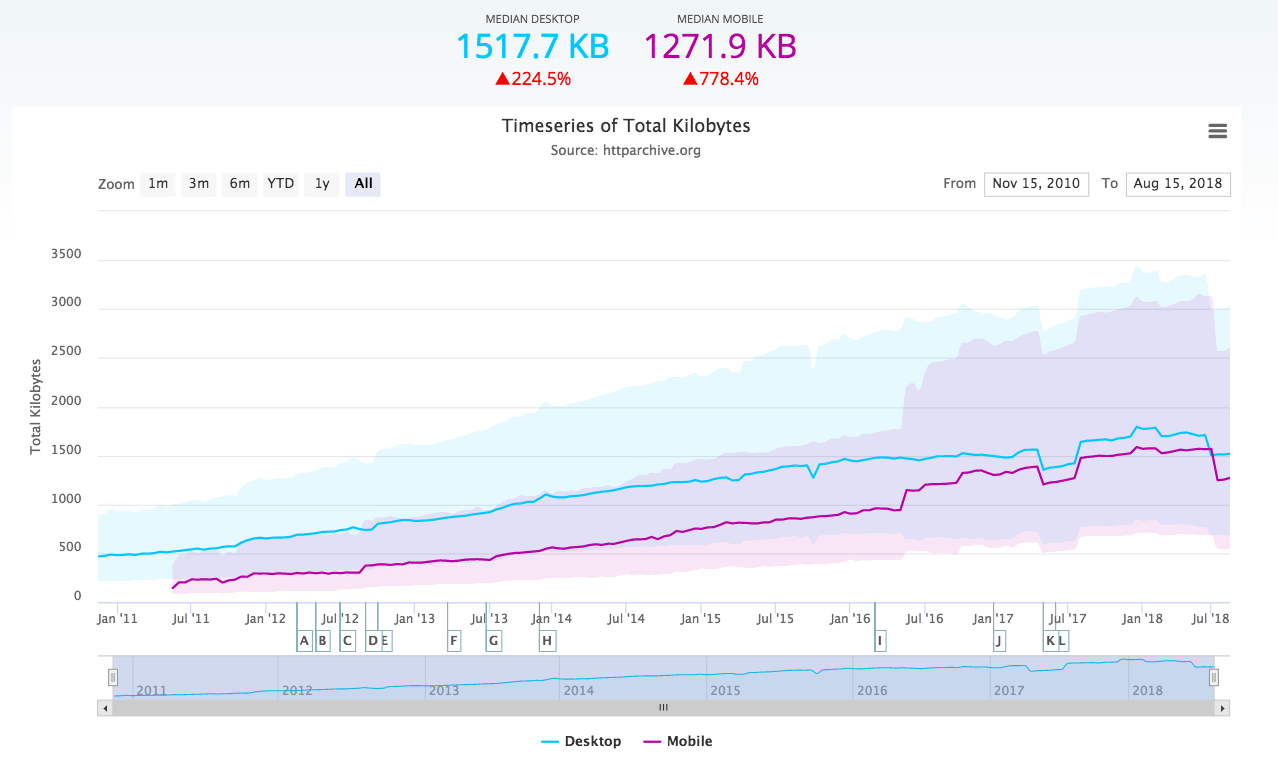Google is about to make landing page load time a factor in their AdWords Quality Score. The goal is to reward fast-loading websites and punish slow-loading ones, all to improve the ever-important user experience.
From Google’s Inside AdWords blog:
Keywords with landing pages that load very slowly may get lower Quality Scores (and thus higher minimum bids). Conversely, keywords with landing pages that load very quickly may get higher Quality Scores and lower minimum bids.
This change is being rolled out in March and will soon take effect. Having a well-performing website is important, and Google has just given you another excuse to make it a priority.
Why load time is important
We all know that no one likes waiting for a website to load. Here is Google’s motivation from the AdWords Help Center:
Users value ads that bring them to the information they want as efficiently as possible. A high-quality landing page should load quickly as well as feature unique, relevant content. Fast load times benefit advertisers as well, since users are less likely to abandon a site that loads quickly.
Time to monitor your load time!
You can test your website load time with the Full Page Test included in Pingdom Tools (this test is performed from Dallas, USA). If you want a browser-based test made from your own computer, Yahoo has an excellent Firefox add-on called YSlow that will help you analyze your website load time in great detail.
In addition to this, you can also set up HTTP monitoring with Pingdom (or some other website monitoring service, of course). Though this will not load the entire web page, only the HTML, it will still give you a good indication of how quickly your site loads, and above all it will help you see trends, like if your load time is starting to increase over time or if you have a high load time certain days of the week or hours of the day.

Above: Actual graph from Pingdom of a website that managed to cut its HTML load time significantly.
Advice from Google and Yahoo on how to speed up your site
Google has some basic tips for how you can improve your load time values in regards to the Adwords quality score.
- Use fewer redirects.
- Reduce the page size by using fewer, smaller, and more highly-compressed images.
- Do not use interstitial pages.
- Minimize the use of iframes on your landing page.
Yahoo has published a set of “best practices” for speeding up websites, though some of the advice may be overkill for smaller sites (such as the use of a CDN).
Best of luck with optimizing that load time!
Any valuable tips we should have added here? Add your own in the comments.


























